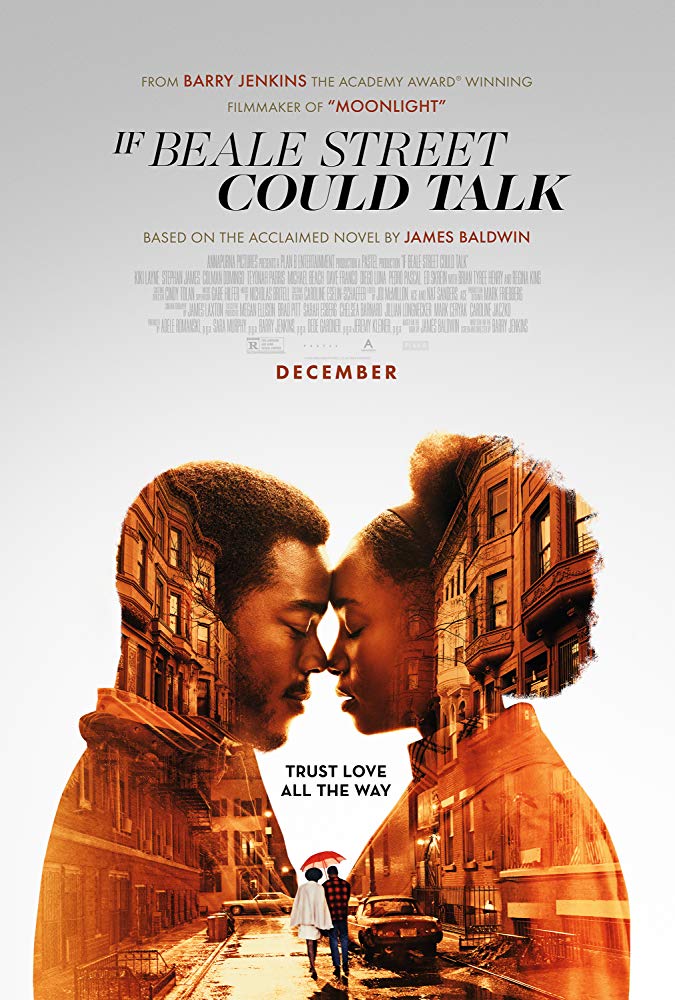 The chances are you’ve already heard the premise of ‘We Need to Talk about Kevin’ – it’s the film adaptation of the award winning novel and has just won the prestigious award of ‘Best Film’ at the London Film Festival.
The chances are you’ve already heard the premise of ‘We Need to Talk about Kevin’ – it’s the film adaptation of the award winning novel and has just won the prestigious award of ‘Best Film’ at the London Film Festival.
The story is about Eva, played brilliantly by Tilda Swinton, as a troubled mother looking back over the childhood of her evil son Kevin trying to establish where it all went wrong.
The Lionel Shriver novel, which won the Orange prize, is set in the format of letters written by the mother Eva to her estranged husband.
The director, Lynne Ramsay adapts the letters into flashbacks for the purpose of the film, which intersperses current day depressed Eva trying to get her life back on track with scenes of seminal points in her relationship.
The film opens with a vivid injection of red. We see Eva in a dream, crowd surfing at a tomato festival, reminiscing her pre-parenting days as a travel writer.
Ramsay uses this theme of red consistently throughout the film, possibly alluding to the bloodshed that is to follow.
Eva embodies several different roles throughout the film: we see her carefree and bohemian juxtaposed with the stress of being a new mother, struggling to bond with her difficult child.
As the story unfolds her character becomes strangely relatable; you feel sorry for her, and yet partially blame her.
Ramsay’s portrayal of the relationship between Eva and Kevin is incredibly awkward. Darting between Kevin making digs at her and his angelic behaviour towards his father (John C. Reilly).
Throughout the film you see Eva lose her patience with her unruly son, which leads the audience to beg the question: is he evil because she never loved him, or does she not love him because he’s evil?
Erza Miller does an excellent job in portraying teenage Kevin who is manipulative, creepy and yet completely mesmerising.
Ramsay remains subtle in depicting the gorier parts of the film, instead only suggesting what Kevin is capable of.
However, she does use rather unsubtle imagery to portray his wickedness. A vivid close up of Kevin eating a lychee while discussing how his little sister lost an eye after being left in his care is particularly gruesome.
Ramsay’s use of visual imagery and sharp injections of colour makes this a visually beautiful film as well as being completely accessible and thought-provoking.
While at times it is disturbing and almost difficult to watch it is also completely mesmerising and will leave you thinking of it for hours, even days after. It’s an argument of nature or nurture, and it will definitely make you think twice about ever having children.

